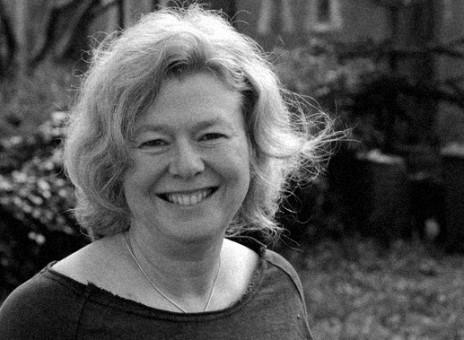Uncertainty
Uncertainty is a basic element of discussing futures - we can always be surprised, even in the space between January and February. The further we think into the future the greater that uncertainty becomes. Its reasonable to imagine that the basic values of our culture will stay stable for the next few years, many people hope for stability through a lifetime. But no one would expect that communities a thousand, ten thousand one hundred thousand years hence would share our priorities, our understandings, our ways of communicating. Changes in climate, technology, social structure, biology – all are to be expected over long time frames.
Generally speaking, we manage this uncertainty by simply not thinking about it. After all, what does it matter what happens that long after we’re dead. But there are domains of practice with legal, ethical or practical concerns into those distant futures. The domains of the uncertainty theme, nuclear waste management, world heritage management, long term information storage and deep space messaging are good examples, but there are others. In these domains it isn’t sufficient to push the uncertainty of eternity to one side. It must be managed, confronted or at the very least considered through practice in the present. This is why and how we use the word uncertainty. But people sometimes read it as a judgement, especially in relation to nuclear waste.
This may reflect a perception that it is the role of these domains to obliterate uncertainty, an absurd proposition. Or perhaps its simply that people are uncomfortable with being reminded of the inherent uncertainty that we all overlook in our daily lives.
Our empirical work in the Lake District has been sketching the practices involved in managing uncertainty in these domains and related landscape practice. We will be focussing in over the coming year on participation and writing. We’ll also be looking at practices which overlap with other themes within the project; categorisation, disposal and maintenance.
We do not see uncertainty as a negative thing, to be overcome or denied. The changes that we cannot predict may be thrilling, beneficial, stimulating or also terrifying, destructive and oppressive. But whenever we speak of forever we can be certain that changes will come. Future making practices that embrace that uncertainty are, for us, the most exciting practices to study.
